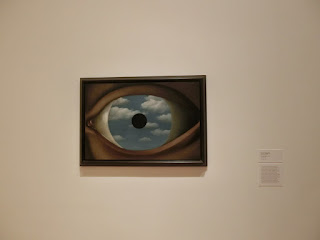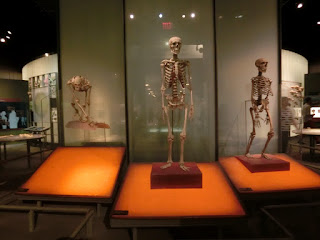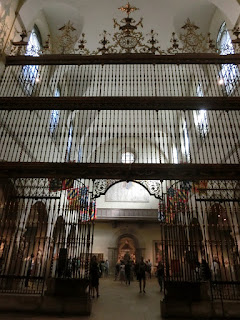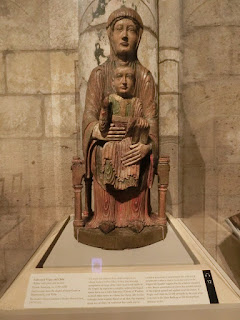psalm 97: is god king? december 27

Today we read Psalm 97. The same psalm was read on Christmas day at dawn mass. In fact the 3 psalms read on Christmas were psalms 96, 97 and 98 and they are called enthronement psalms for they focus on God's eternal kingship. Psalm 97, our psalm today, begins with the call, "the Lord reigns, the Lord is king let the earth rejoice." When the magi too came to Herod they told him the purpose of their coming saying, "we have come to worship the king." So, is God king? Did Israel understand what kind of a king is God? In our day, do we understand what kind of a king is Jesus? I do not know if you are a fan of the movie the Lord of the Rings? It is a novel by JRR Tolkien. Tolkien is a Christian writer who wrote his novels using Christian metaphors. The Lord of the Rings if you remember was a quest not to possess the ring but to destroy it. It was a ring of power and dominion, a ring that can put peoples in subjugation. ...




















